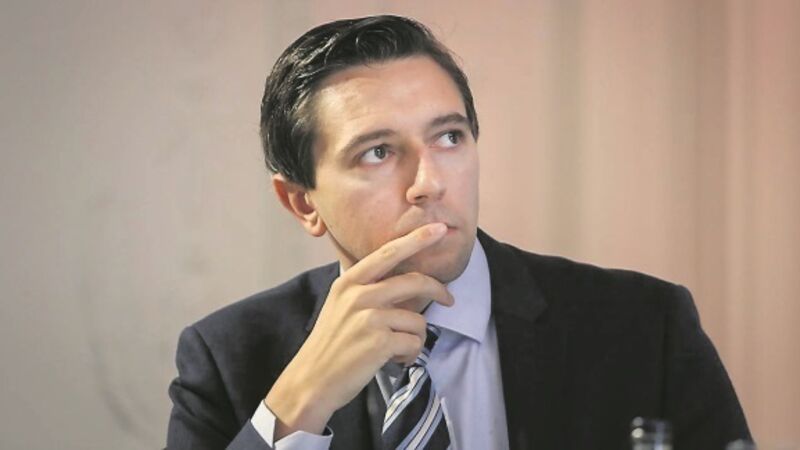Pushing to get health the financial life-support it needs

Simon Harris starts laughing —half-genuinely, half-awkwardly — when the subject is raised.
In an interview with RTÉ Radio’s Today with Seán O’Rourke programme last July, the new health minister said until now there had been a lack of “political leadership” in health.
















